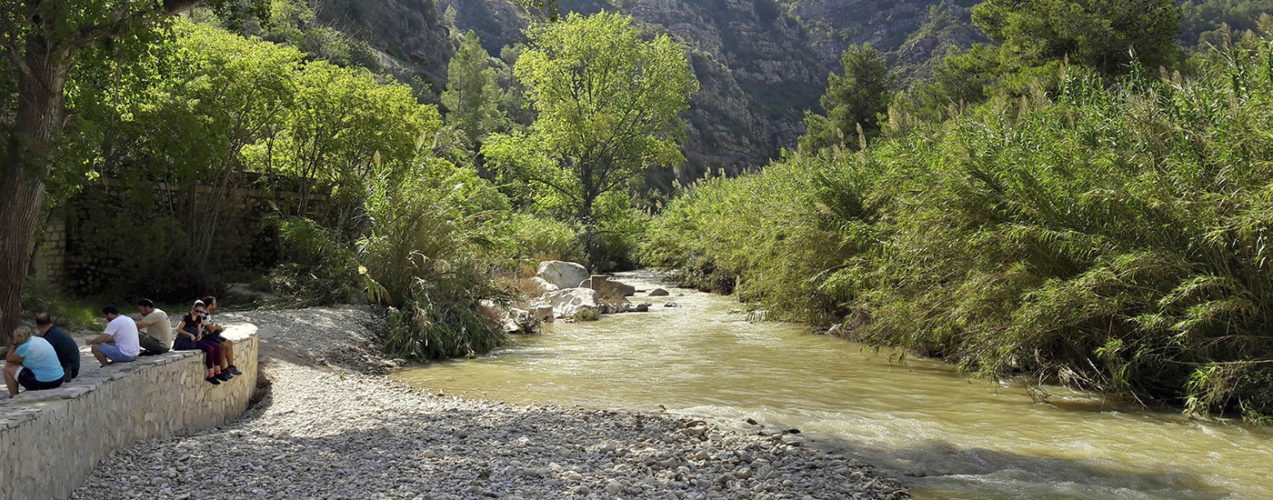Campus Gandia UPV has held the first participatory meetings for the REDAPTA project, promoted by CREAF (Center for Ecological Research and Forestry Applications), whose objective is to prepare a climate change strategy for the Serpis and Tordera (Catalonia) river basins. Last week, the REDAPTA project, “Building spaces of governance for adaptation to global change in Mediterranean rivers”, convened environmental associations, councilors and city council technicians, representatives of the Fishermen’s Guild of the Port of Gandia, academic experts and other water users in the Serpis basin, in its first meeting in Gandia.
The project, led by CREAF (public research center dedicated to terrestrial ecology, territorial analysis and global change, located at the Autonomous University of Barcelona), has the support of the Biodiversity Foundation of the Ministry for Ecological Transition, as well as the collaboration of the IGIC Institute of the Campus Gandia (UPV). This project started in September and will end in July 2020.
GOVERNANCE FOR ADAPTATION TO CLIMATE CHANGE
The REDAPTA project aims to use spaces of governance for adaptation in sensitive stretches of Mediterranean rivers and focuses its activities on the Serpis River (Valencian Community) and the Tordera River (Catalonia). Based on the results of the ISACC TorDelta project (financed by the Biodiversity Foundation in 2016), REDAPTA will develop a new participatory process, carried out in parallel in the two basins, for the co-design of concrete adaptation measures and the participatory monitoring of fluvial morphology restoration measures.
EFFECTS OF CLIMATE CHANGE IN RIVERS
Climate change is significantly affecting the flow of rivers and the species that inhabit them. Specifically, a study by the IGIC Institute previously estimated a range of reduction of available water resources in the Serpis River between 28% and 43% over the next 20 years, depending on the scenario analyzed. “One of the conclusions of our previous study was the need to concert efforts to adapt to climate change, integrating the different interests and perspectives of the users of the basin. So we agreed to collaborate with CREAF in the REDAPTA project,” explained the researcher Francisco Martínez Capel from the UPV.
More information about the REDAPTA project can be found in the Serpis Platform blog and in the Taula de la Torder blog.
